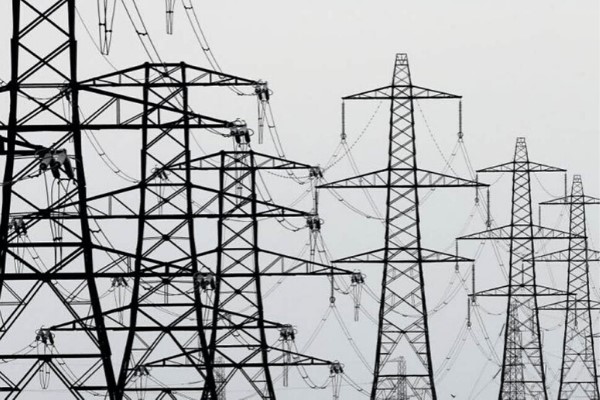Nigerians have once again been thrown into widespread darkness as the national electricity grid collapsed on Tuesday morning, less than 24 hours after a similar failure on Monday evening.
The frequent disruptions continue to strain the nation’s power infrastructure, raising concerns over the reliability of the grid.
According to data from the Nigerian System Operator’s portal (niggrid.org), the grid recorded a total shutdown, delivering zero megawatts (MW) as of 9:30 a.m. on Tuesday.
This came after a brief recovery overnight, when power generation had improved to over 100 MW.
The collapse was confirmed by several electricity distribution companies (DisCos), which informed their customers through posts on X (formerly Twitter).
Ikeja Electric, in a statement, said: “Dear Esteemed Customer, please be informed that we experienced another system outage today, 15/10/24, at 09:17 hrs, affecting supply within our network.”
The company assured its customers that restoration efforts were underway in collaboration with key stakeholders.
Similarly, Eko DisCo issued a message: “Kindly be informed there was a system collapse at 09:17 hrs which has resulted in a loss of power supply across our network.
We are working with our partners to restore the grid as quickly as possible. We will keep you updated on progress.”
At the time of this report, data showed that all 22 generation companies (GenCos) were offline, marking the seventh grid disturbance in 2024.
This latest collapse adds to the challenges that have long plagued Nigeria’s power sector, which has struggled with infrastructure failures, limited generation capacity, and regulatory issues.
A Troubled History
The national grid has become notorious for its instability, with frequent collapses being a persistent issue.
In fact, this week’s failures are a stark reminder of the crisis in June 2024, when the grid suffered multiple outages in quick succession, leaving millions of homes and businesses without electricity.
Despite ongoing promises from the government to overhaul the system, the country’s power generation and distribution framework remains frail, with no clear end in sight to these disruptions.
For Nigerians, these recurring outages are more than an inconvenience—they disrupt businesses, hamper productivity, and raise the cost of living, as many are forced to rely on costly generators for power.
As the nation faces its seventh grid failure this year, calls for immediate reform and sustainable solutions are louder than ever.



